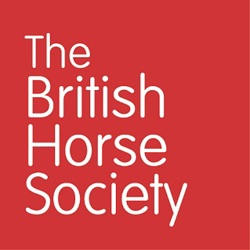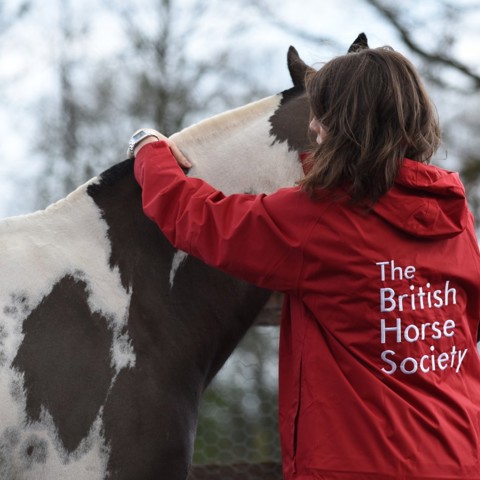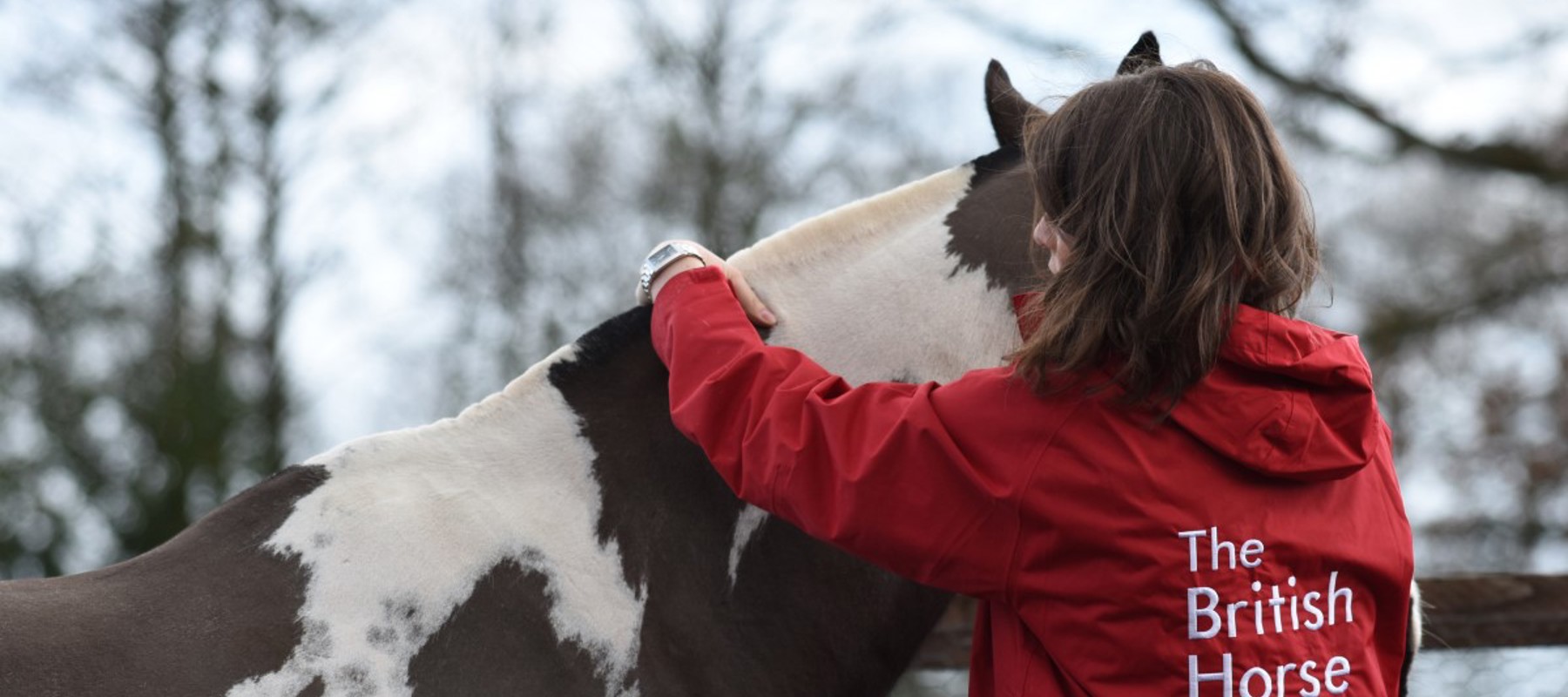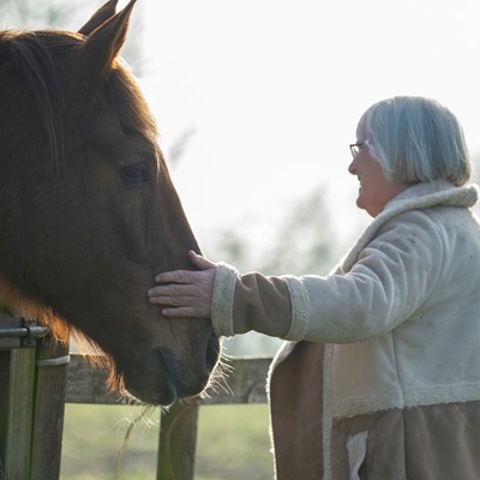Please note
- We are unable to respond to welfare concerns reported to us through social media.
- If you have already reported your concerns to another welfare organisation and they have confirmed that they will be investigating, please do not contact other organisations and charities.
- Please only contact us if you have personally seen a horse(s) of concern. Unfortunately, we can't take calls about second-hand information, including content seen on social media.
- Throughout the UK, horses are managed and kept in many different ways. Sometimes we may not agree with the way in which a horse is kept but if their needs are being met and the horse is not suffering, then we are unlikely to be able to take any action.
Horse welfare in Scotland
chevron-down
chevron-up
Equine welfare is a devolved issue in Scotland (with the exception of the veterinary professions, veterinary medicines and international negotiations), which means legislation, regulations and the resources available to protect animals that live in Scotland falls to the Scottish Parliament and Scottish Government.
Reporting information requirements
When you are reporting a potential welfare concern, please include the following details to help us assess the situation, the more information you can give us the better.
- Details of why you are concerned
- Horse(s) details – number, colour, sex (if known), age (if known)
- Name of owner and/or landowner (if known)
- The location of the horse(s) If you are unsure on the precise address and postcode please try to give additional local information such as nearby main roads and landmarks, or What3Words location.
- Photos are helpful if you can take some pictures of the horse(s) safely and without trespassing. These can then be emailed to welfare@bhs.org.uk with the other details required.
- Your contact details. We always keep your details confidential.
Confidentiality and your details
chevron-down
chevron-up
We guarantee that your details will remain confidential and under no circumstances will they be passed on to the owner of the horse(s) or any other third party.
Your contact details are required for several reasons:
- Our welfare advisers may need to speak to you to get further details. For example, to clarify the location if they have a problem finding the horse(s).
- Our welfare advisers may contact you following a visit and provide feedback. Please note, due to the complex nature of some cases and the time needed to resolve specific issues, feedback may not be instant but it will be provided at the earliest opportunity.
- We may not have a welfare adviser available and a member of the team at BHS HQ will be in contact.
If you have any questions, please email welfare@bhs.org.uk.
For further information, please read our privacy policy.
Our contact information
To report a non-emergency welfare concern please contact the BHS Horse Care and Welfare team.
- Telephone: 02476 840517*
- Email: welfare@bhs.org.uk.
*Calls may be recorded for monitoring purposes
The office is open from:
- Monday-Thursday from 8.35am-5pm
- Fridays from 8.35am-3pm.
If you feel a more urgent response is required, please see the National Equine Welfare Council (NEWC) website for other appropriate organisations who may be able to respond sooner: https://newc.co.uk/advice_articles/reporting-a-welfare-concern/ .
How we respond to welfare concerns
Welfare concerns can involve lots of work from different organisations, all of which have varying abilities and procedures when dealing with welfare concerns.
All BHS volunteer Welfare Advisers will endeavour to respond to a concern as soon as is possible and this will normally be within one to six days - although urgent cases will, of course, be prioritised.
If you feel a more urgent response is required, please see the National Equine Welfare Council (NEWC) website for other appropriate organisations who may be able to respond sooner: https://newc.co.uk/advice_articles/reporting-a-welfare-concern/ .
This website also clarifies when the police or a vet should be called to assist.
It may not be immediately obvious that a Welfare Adviser has been to the horse’s location; there are a number of steps that have to be taken when responding to a concern and in many cases, it is unrealistic to expect improvements overnight.
Sometimes horses will need to be monitored to ensure that any advised improvements are undertaken within a specific timeframe and, in some cases, it can take time identifying the horse’s owner.
In certain cases, our Welfare Advisers may have to call on the assistance of other organisations or charities. The BHS does not have the resources or facilities to take horses into our care. In common with most other charities, the BHS does not bring animal welfare prosecutions; our aim is to provide education and support, and work with the owners in order to improve and resolve the situation, hopefully, before the concern becomes more serious. If the situation is not resolved, then we work with the RSPCA and local authorities who have the expertise needed to ensure the greatest chance of a successful prosecution or the removal of the horses.



